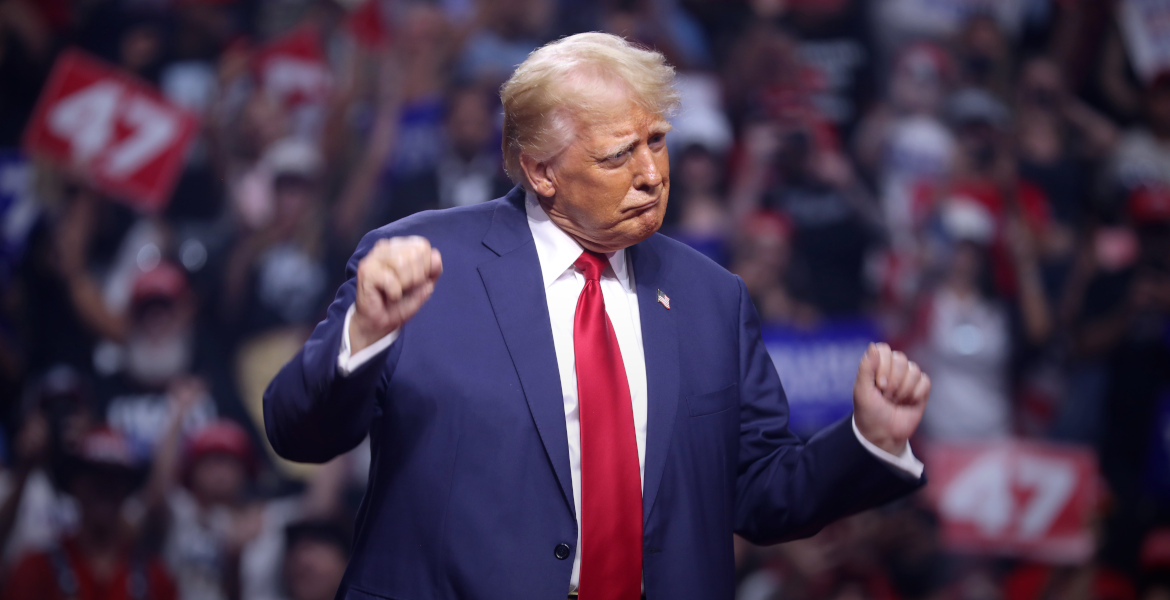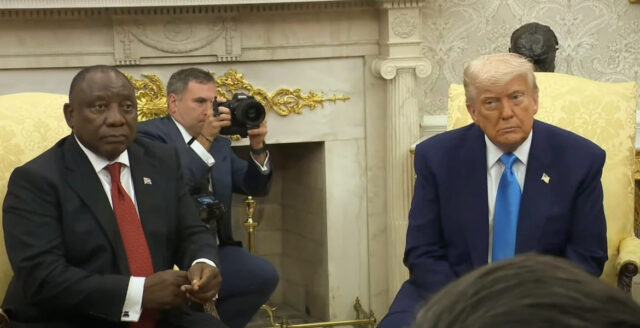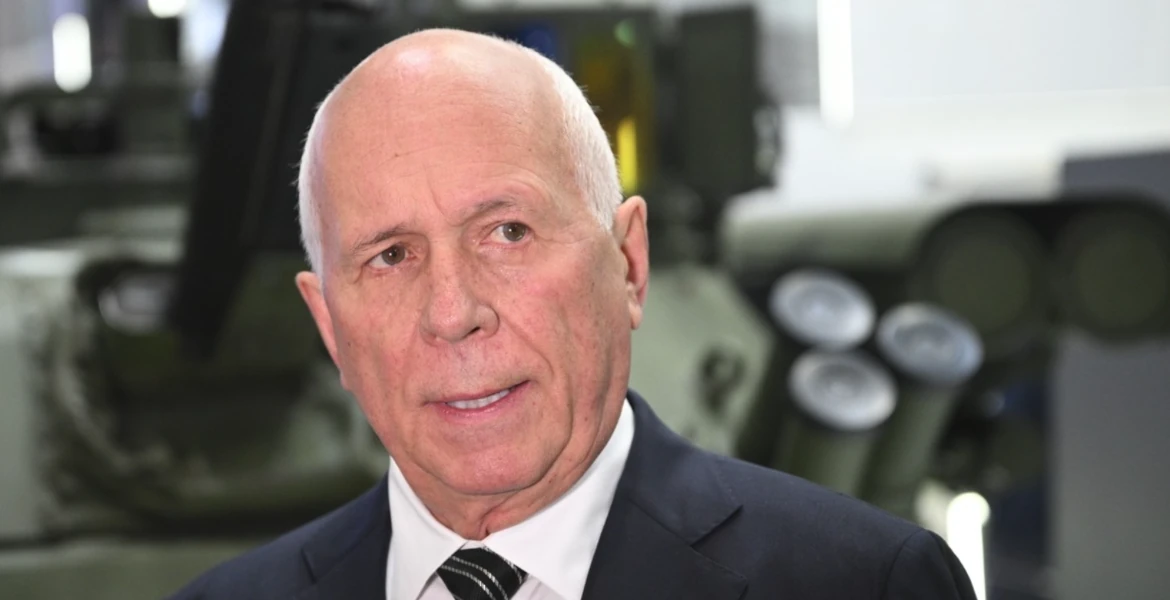The US State Department itself admits that the US-backed Syrian Democratic Forces rebel group recruits and uses child soldiers in combat.
The predominantly Kurdish SDF has long been a key US partner in the region, taking part in the fight against the Islamic State terrorist group, which was finally defeated in 2019.
The US State Department report concludes that the SDF is not alone in using child soldiers - the practice is also common among Syrian government forces, Turkish-backed militias, and several other armed militia groups.
"The recruitment or use of children in combat and support roles in Syria remains common, and since the beginning of 2018 international observers reported continued incidents of recruitment and use by armed groups, though the prevalence of the practice differs by group", it says.
"The Democratic Union Party-affiliated Revolutionary Youth Movement, the Kurdish People's Protection Units, Women's Protection Units, Syrian Democratic Forces (SDF)… recruit and/or use boys and girls as child soldiers", it continues.
Guarding IS prisoners
Although the war against the Islamic State is over, clashes between the SDF and other groups continue. The Kurdish-led militia is also largely responsible for guarding 10,000 imprisoned IS fighters and their families.
The UN has also raised the alarm that the group is using child soldiers and recruiting them "through fraudulent announcements for educational courses in northeast Syria".
It is also worth noting that US NATO ally Turkey strongly opposes the SDF and Kurdish rebel groups in general. Ankara argues that the SDF is effectively part of the PKK, a designated terrorist organization that has been waging a war of independence against Turkey for many years.
During the Syrian civil war, the Kurds seized a region in the northeast of the country that they call Rojava, which now functions in practice as an autonomous and self-governing region in which nearly 1,000 US soldiers are stationed.





